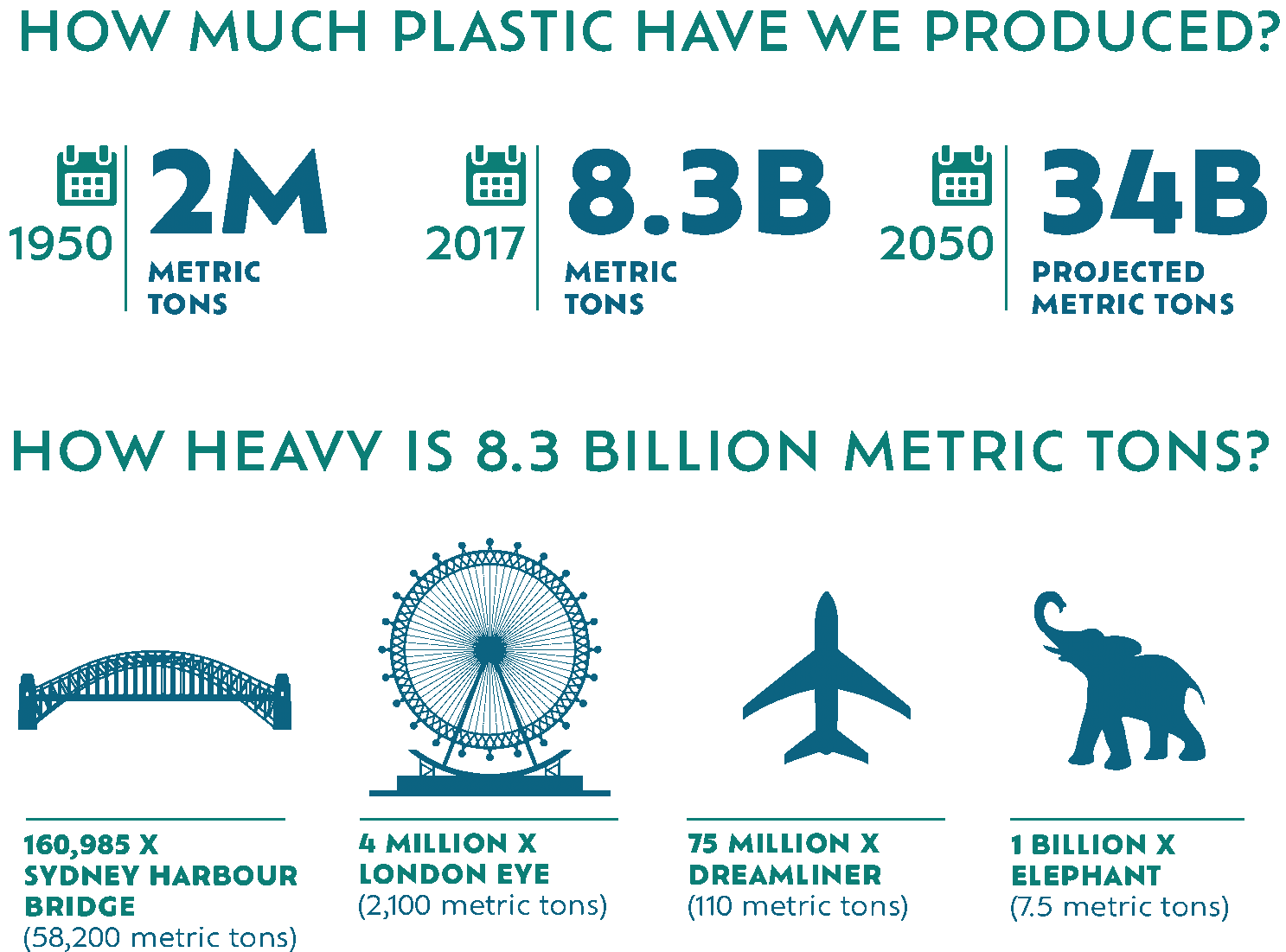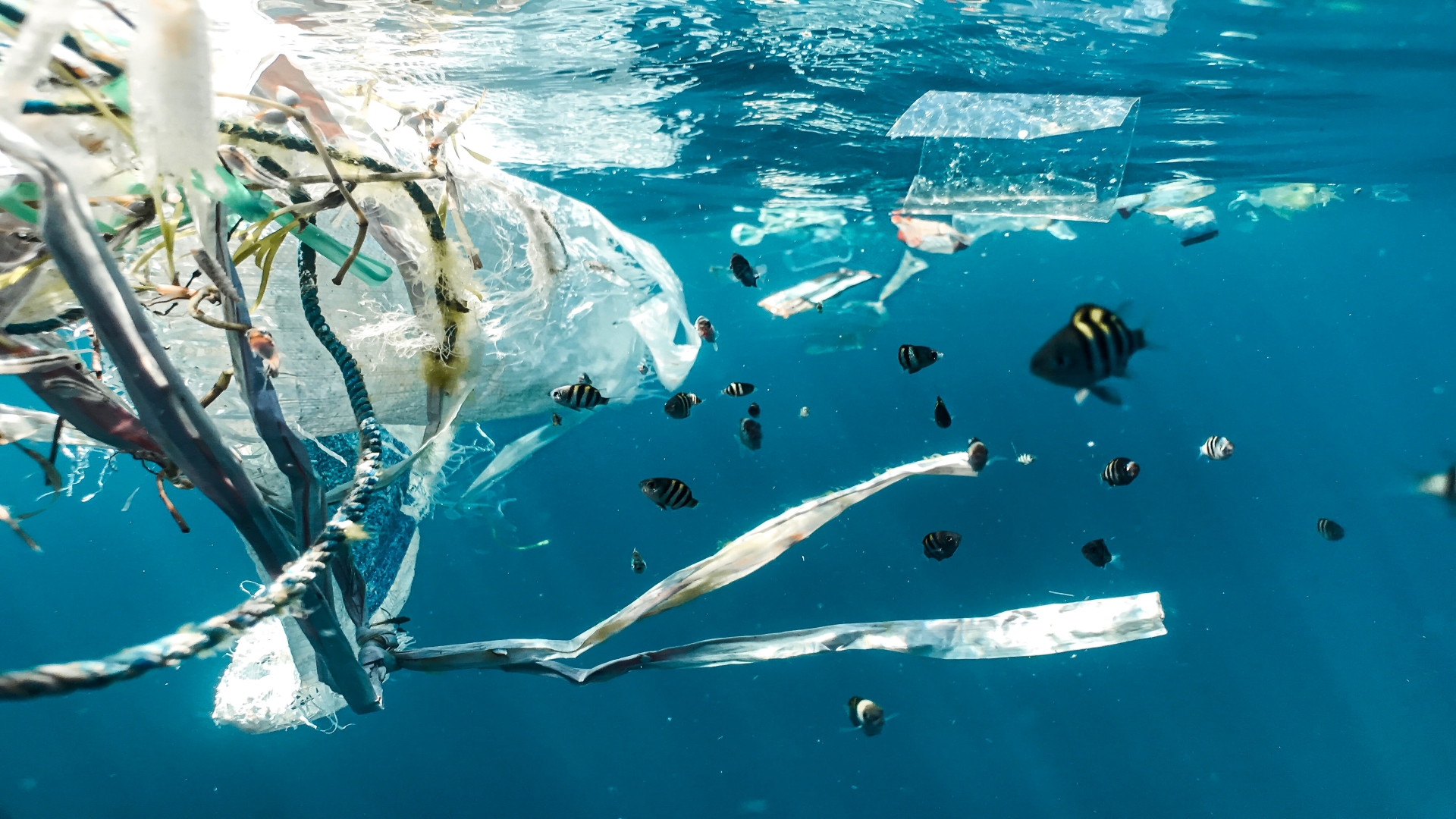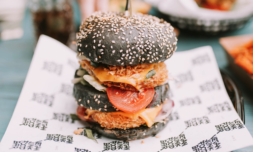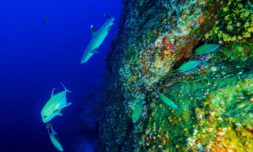Plastic production has increased rapidly over the last sixty years, finding a permanent home in our oceans. Biologists say the only way out is to halt its use completely.
The convenience, cleanliness, and cost-effective production of plastic is what lead to a widespread demand for the material.
Paradoxically, plastic has caused a massive inconvenience for us today (understatement of the year), by littering our environments and sparking costly research and design projects seeking ways to mitigate the global pollution problem.
The solution is not an uncomplicated one. Plastics in our ocean are breaking down into smaller pieces as we speak, with many microplastics so tiny they are undetectable to the human eye.
Marine life is plagued with bellies full of these plastics, but the issue extends beyond just your local fish. Ninety-three percent of humans have BPA in their system, the chemical that’s used to make plastics, meaning we too have ingested unwanted materials as a result of our reliance on convenience packaging.
In August of 2020, up to 21 million tonnes of microplastics were estimated to be floating around the Atlantic Ocean alone. That’s ten times more than previously determined, an amount that’s basically inconceivable – have you ever seen 21 million tonnes of anything?
The good news is environmentalists are already developing impressive prototypes to clear up ocean plastic, like the sailboat ‘Manta’ we featured recently in an article on Thred.
And while these sustainably run technologies designed for ocean clean up are wonderful, they won’t be able to keep up with the task of ridding seas of plastic if we continue producing at the rate we currently are.






















